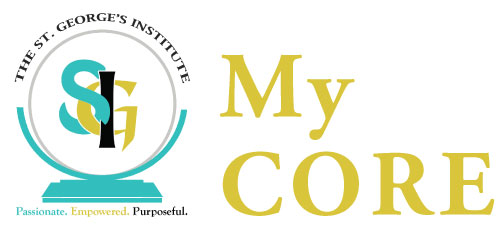Exploration
Reasons why Europeans did not travel long distances before the late
15th century
The Europeans thought that the world was flat. They believed that
after you reached the end of the world, you would drop off.
The Europeans believed that there were horrible sea creatures in the
sea so they did not travel long distances.
The ships the Europeans owned needed much improvements so they
were not suitable for travelling long distances.
The Europeans seas were dangerous as there were various conflicts
between them and the Muslims so they did not travel long distances.
Reasons for European Exploration in the 15th century- ‘’Gold, God,
Glory’’
1. Europe was divided into a number of kingdoms whose rulers were
absolute monarchs. This meant that they had the authority to make
whatever decisions they liked. Their subjects (people under their rule)
had to accept the king’s decision as final.
2. The Kings of Europe frequently waged war against each other, so as to
capture more territories. Each King wanted to be more powerful than
each other and they believed that power depended on the amount of
land under their control. These Kings were even willing to finance
voyages of exploration in order to get more land. They also hoped to
find gold which could be used to finance war for their own personal
purposes.
3. The discovery of new land therefore meant more space for citizens,
land for the landless and job opportunities for the unemployed.
4. The Europeans wanted to find a new sea route to the east. European
merchants travelled frequently to places like China, India and North
Africa in order to trade.
5. Travel at that time was very dangerous but these merchants still went
to distant lands to sell the things they made and to get things they
could not grow for themselves. From India, the merchants obtained
gold, tea and spices. From Africa: gold, ivory and slaves. From China:
silk, spices and tea. The European merchants were able to sell cotton,
knives, cutlasses, hoes, and glass beads.
6. The merchants from Venice began to monopolize the trade to the East.
They would not let the other European merchants pass through their
port. The merchants from Venice became so rich that it aroused the
jealousy of the other European merchants. The Spaniards and
Portuguese became more determined to find another route to the east.
The Renaissance (Period of rebirth of revival of Greek and Roman
knowledge)
During the period when the Turks controlled some parts of Europe, life was
difficult for the people who lived in those parts. Some of them were even
captured as slaves. Progress at that time slowed almost to a halt. Knowledge
gained in previous time almost disappeared as few people went to school.
Some people referred to this time as the dark ages. Between 1400 and 1700,
the old ideas in art, science, and mathematics started to spread again from
Italy to the rest of Europe. The Renaissance was a rebirth of knowledge and
learning which resulted in new inventions. Two famous scientists of the
period were Galileo Galilei who invented the telescope and Sir Isaac Newton
who first explained the force of gravity.
The desire for adventure and knowledge was stirred even in sailors, who
were now interested in making voyages of exploration. Some of the famous
explorers were Christopher Columbus, Vasco da Gama, and Bartholomew
Diaz.
Technological Improvements
Price Henry the Navigator was the son of King John of Portugal. In 1419, he
founded a navigation school which trained many of Europe’s sailors. These
sailors were now prepared to make long voyages.
Sailors learned about cartography which is the skill of mapmaking. During
the 15th century, improvements were made in this area so that one of the
maps made was a map of the world (Ptolemy’s map of the world).
